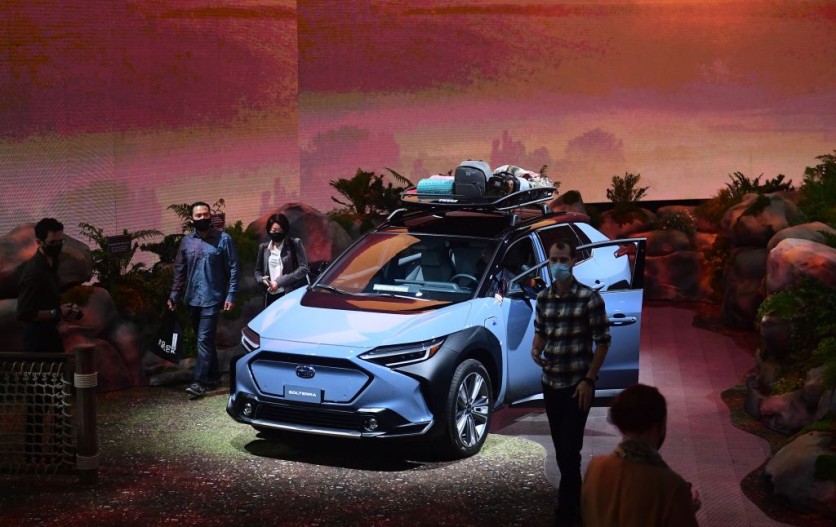Subaru aims to develop self-driving technology by 2025 that can pilot a vehicle when its data connection is lost, according to Nikkei Asia.

The Plan
Subaru aims to have servers constantly gathering data on the position of the vehicle to predict its course up to roughly ten seconds down the road. The predictions will be fed back to the car and used to control speed and direction if the data connection is interrupted.
When there are long data interruptions, the vehicle will slow down with limited navigation within the range of onboard sensors. Therefore, the more vehicle data its system gathers, the better the predictions will be. The Japanese automaker aims to bring other vehicle makers on board by licensing deals and other agreements.
In fact, the maker of the Outback and Legacy is already testing a system version on a test track via a 4G-enabled vehicle.
Who Owns the Data?
Data ownership and privacy issues are at the forefront of the discussion when it comes to self-driving vehicles.
Current vehicles collect data to monitor and maintain the various systems, provide feedback for vehicle upgrades, and perform diagnostics. This information is collected and used by the carmaker. They may share the data with their dealers, who may share the information with their technicians.
But who has access to the information, and how is it shared? What types of data about the vehicle and the driver is accessible? As self-driving vehicles begin to take over the streets, these questions are top of mind for the automotive industry and consumers. Yet, changes in state laws are already taking place.
Also Read: New Subaru Electric Sports Car Concept, The STI E-RA, Features An Insane 1,073 HP
Autonomous Driving Today
The race to develop autonomy in the automotive industry is on. Tesla's Autopilot system allows drivers to go from point A to point B without having to constantly keep one eye on the road and one hand on the steering wheel. And all Tesla vehicles will be fully self-driving once the software upgrade is complete. At the same time, Audi, Volvo, and Mercedes-Benz are working to integrate semi-autonomous tech into future vehicles.
Companies around the world are testing self-driving vehicles and competing to launch the first commercially available model. In fact, some automakers have already started to offer semi-autonomous features on newer models.
Regions around the world are considering or have already enacted policies to allow vehicles on the road without a driver.
The technology to allow us to go from point A to point B without having to drive the car is coming and will increase the comfort of our lives. If a more convenient and safer driving experience is what you want, we think that it will be worth the wait.
As Subaru's technology improves, the map of where its vehicles will be able to operate without a driver will expand. The more its cars can understand their surrounding environment, the more autonomous they will become.
Related Article: Subaru's WRX STI Retires Gas-Engine this 2022-Will the Boxer Engine Get an Electric Swap?
This article is owned by Tech Times
Written by April Fowell
ⓒ 2025 TECHTIMES.com All rights reserved. Do not reproduce without permission.




